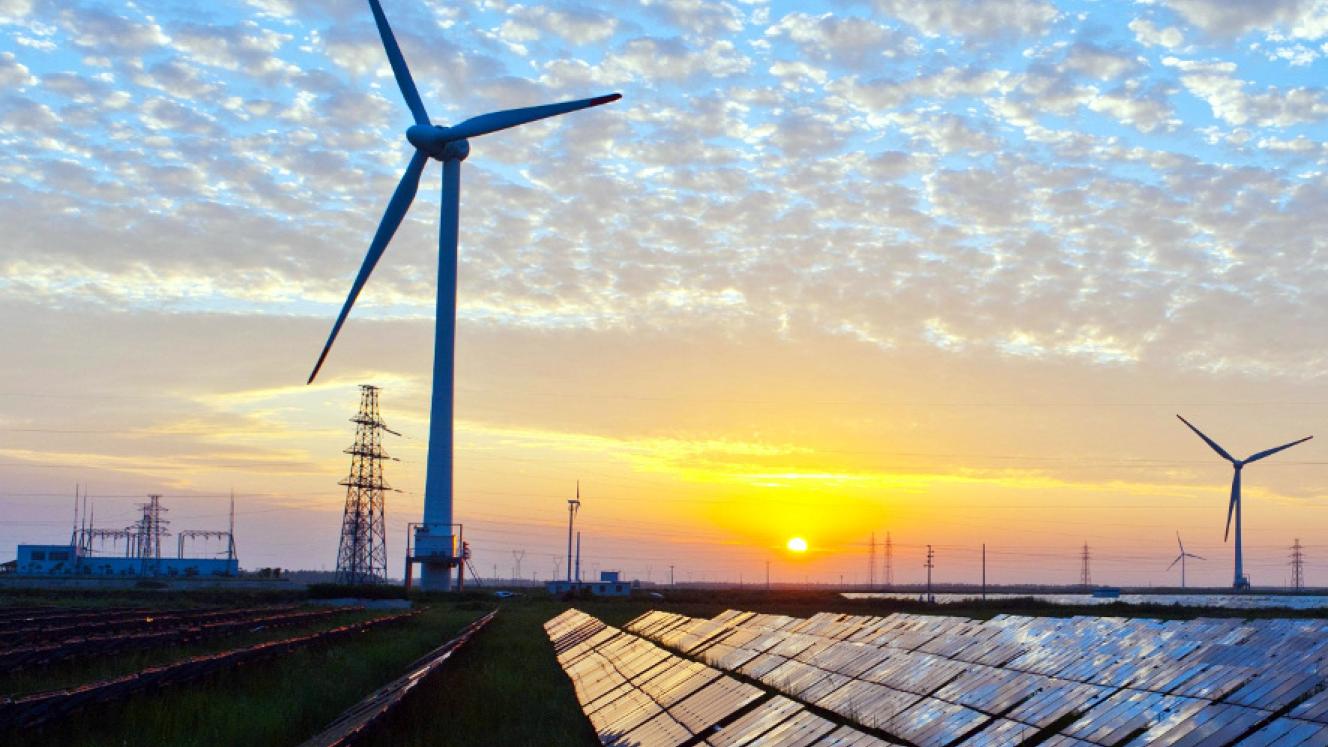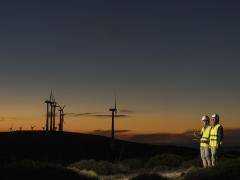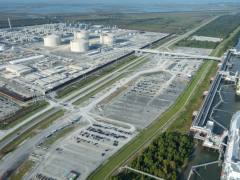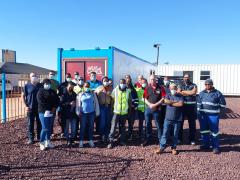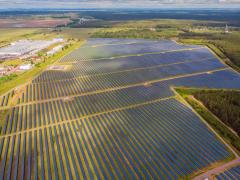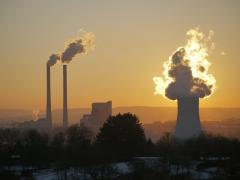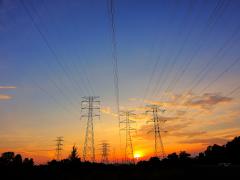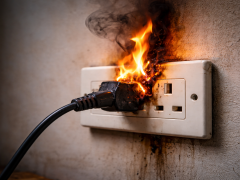South Africa has secured over R18 billion in new loans to support its Just Energy Transition with funding from the African Development Bank (AfDB) and the German KfW Development Bank.
South Africa’s Just Energy Transition is a national strategy to reduce coal dependence while ensuring energy security, decarbonisation and socio-economic stability. It aims to enable a low-carbon power system through policy, grid reform and targeted investment backed by international climate finance.
On July 24, the AfDB signed a loan agreement with South Africa for US$474,6 million (about R8 billion) to support infrastructure governance and the country’s Green Growth programme. In parallel, KfW has approved a €500 million (about R10,3 billion) public policy loan to advance the transition.
Both contributions form part of South Africa’s third Development Policy Operation (DPO) developed with the World Bank, Japan International Cooperation Agency and the OPEC Fund for International Development.
The World Bank provides DPOs to support policy and institutional reforms for inclusive, sustainable growth. South Africa’s current DPO targets structural growth constraints with energy security and decarbonisation as key priorities.
Key DPO objectives include:
- Supporting operational and financial independence of the National Transmission Company South Africa
- Opening transmission infrastructure to private investment
- Enabling distributed generators, including households, to export surplus electricity to the grid
- Improving municipal distribution performance through smart metering
The World Bank expects the programme to bring an additional 3 500 MW of renewable energy onto the grid by 2027.
KfW said the funding will also support grid expansion with potential for greater involvement by German companies in plant manufacturing and grid services.
“German businesses and developers are already investing in solar power, and South African companies are drawing on German materials, machinery and expertise. Our energy partnership with South Africa will pay off many times over,” said German Economic Cooperation and Development Minister Reem Alabali-Radovan.
Natalie Naudé, Communications Strategist at the AfDB, said the funding builds on a 2023 loan and reflects continued support for South Africa’s energy reform.
“This partnership enables structural infrastructure improvements, targeting efficiency and sustainability while addressing immediate needs and climate goals,” she said.
